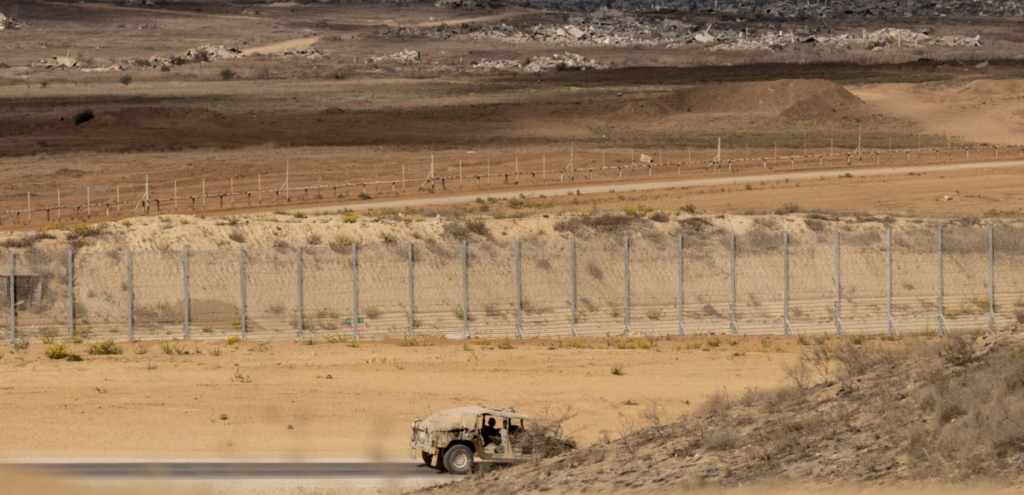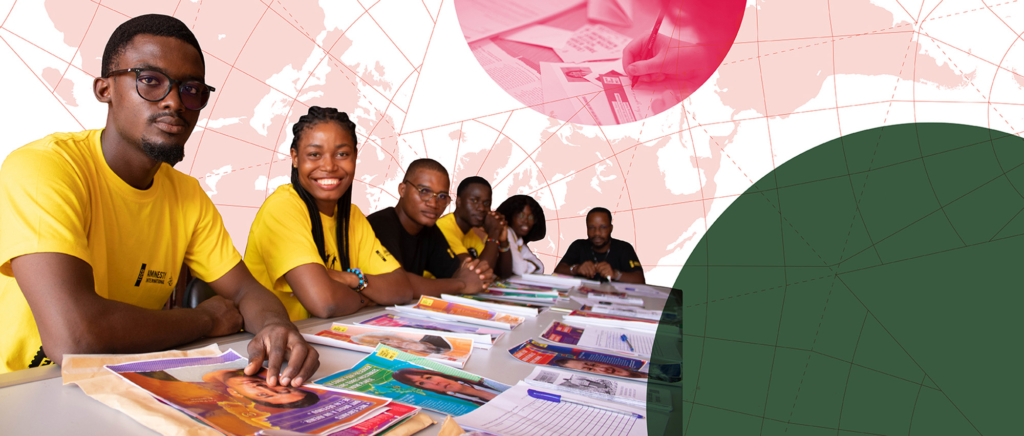Dutch court will today hear the first arguments in an historic case against Shell, in which the oil giant stands accused of instigating a raft of horrifying human rights violations committed by the Nigerian government against the Ogoni people in the 1990s. Esther Kiobel, Victoria Bera, Blessing Eawo and Charity Levula are suing Shell over what they say is its role in the unlawful arrest, detention and execution of their husbands by the Nigerian military, following a brutal crackdown on Ogoni protests against Shell’s devastating pollution of the region.
“Over the years, Shell has continually fought to make sure the this case is not heard in court. They have the resources to fight me instead of doing justice for my husband,” said Esther Kiobel.
Amnesty International, which is supporting the plaintiffs and legal team bringing the case, has independently documented Shell’s role in killings, rape and torture carried out by the Nigerian government in its effort to crush protests. Barinem Kiobel, Baribor Bera, Nordu Eawo and Paul Levula were hanged in 1995 after a sham trial. Their widows are now demanding compensation and a public apology from Shell. Five other men, including protest leader Ken Saro-Wiwa, were executed alongside them and they have become collectively known as the Ogoni Nine.
“This will be the first time, in a battle for justice spanning more than two decades, that Esther Kiobel and her fellow plaintiffs get the chance to tell their stories in court. These women believe that their husbands would still be alive today were it not for the brazen self-interest of Shell, which encouraged the Nigerian government’s bloody crackdown on protesters even when it knew the human cost,” said Mark Dummett, Business and Human Rights Researcher at Amnesty International.
“Despite a cache of evidence against Shell, the company has managed to dodge justice for years and until now has never had to answer in court for these allegations. Tomorrow is an historic moment which has huge significance for people everywhere who have been harmed by the greed and recklessness of global corporations.”
Taking a powerful multinational to court for harm it has caused overseas is an agonizingly long process. Esther Kiobel first filed a case against Shell in New York in 2002, but in 2013 the US Supreme Court ruled that the US did not have jurisdiction to hear the case. This meant that the US courts never got to examine the substance of the allegations against Shell.
The four plaintiffs accuse Shell of being instrumental in the unlawful arrest and detention of their husbands; the violation of their husbands’ physical integrity; the violation of their right to a fair trial and to life, and their own right to a family life. Amnesty International supported Esther Kiobel’s legal team to bring the case to the Netherlands in 2017, and detailed Shell’s role in the arrests and executions in a briefing, In The Dock. The plaintiffs are also calling for the court to order Shell to hand over more than 100,000 internal documents crucial to the case. Shell’s lawyers have refused to do so, even though these documents were submitted as evidence in the US case.
“It’s time to bring an end to decades of impunity for Shell,” said Mark Dummett.
“These women’s courage, resilience and determination to clear their husband’s names and bring Shell to account is inspirational. They have the support of Amnesty International activists all over the world.”
For a full background to the case see Amnesty’s briefing In The Dock. For more information about Esther Kiobel’s battle for justice see One Woman Vs Shell
The hearing will take place at the District Court of The Hague on 12 February.
***********************************
For more information or to arrange an interview, please contact Elizabeth Berton-Hunter, Media Relations 416-363-9933 ext 332 bberton-hunter@amnesty.ca























